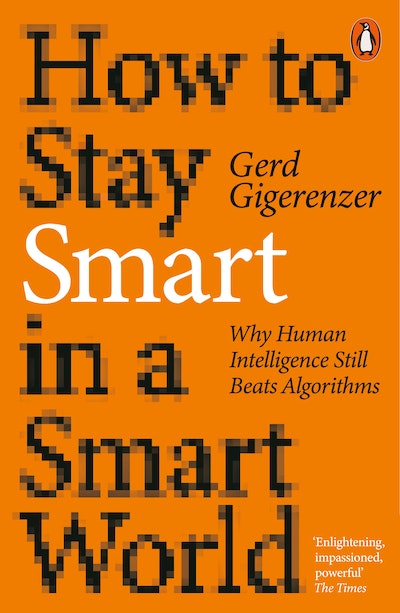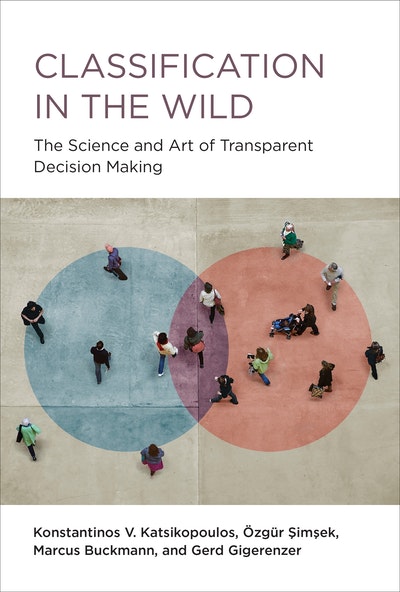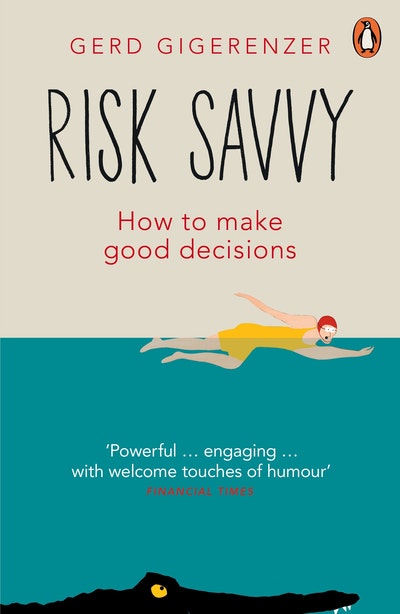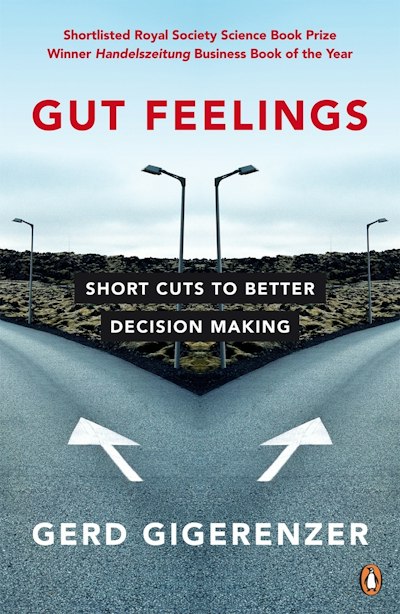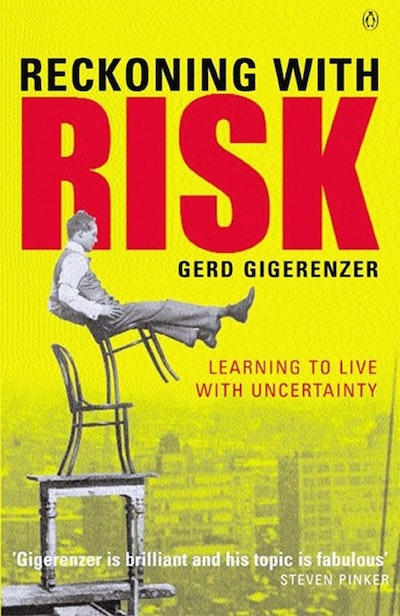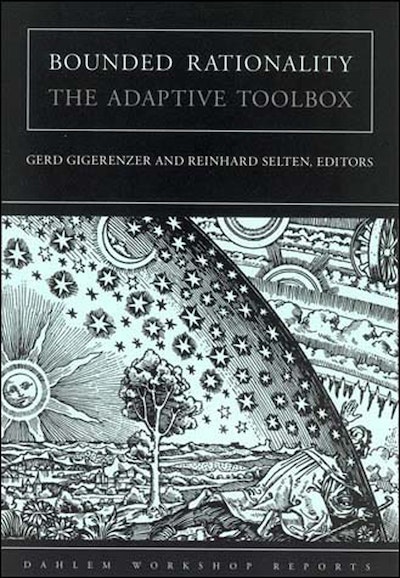Play sample
- Published: 6 June 2023
- ISBN: 9780141995045
- Imprint: Penguin Press
- Format: Paperback
- Pages: 320
- RRP: $32.00
How to Stay Smart in a Smart World
Why Human Intelligence Still Beats Algorithms
Formats & editions
Buy from…
- Published: 6 June 2023
- ISBN: 9780141995045
- Imprint: Penguin Press
- Format: Paperback
- Pages: 320
- RRP: $32.00
Using personal anecdotes, cutting-edge research and cautionary real-world tales, Gigerenzer deftly explains the limits and dangers of technology and AI
Chen Ly, New Scientist
Compelling . . . over many years, Gerd Gigerenzer has provided evidence that humans are smarter than economists. Now he shows that they are (where it matters) smarter than computers
John Kay, co-author of Radical Uncertainty
One of the world's most eminent psychologists
Spectator
Enlightening, impassioned, powerful . . . exposes the hunger for autocratic power, the political naivety and the commercial chicanery that lie behind the rise of AI
Simon Ings, The Times
A fascinating invitation to keep thinking for ourselves... Vital reading for a world populated by algorithms
Konstantinos Katsikopoulos, Professor of Behavioural Science, University of Southampton
